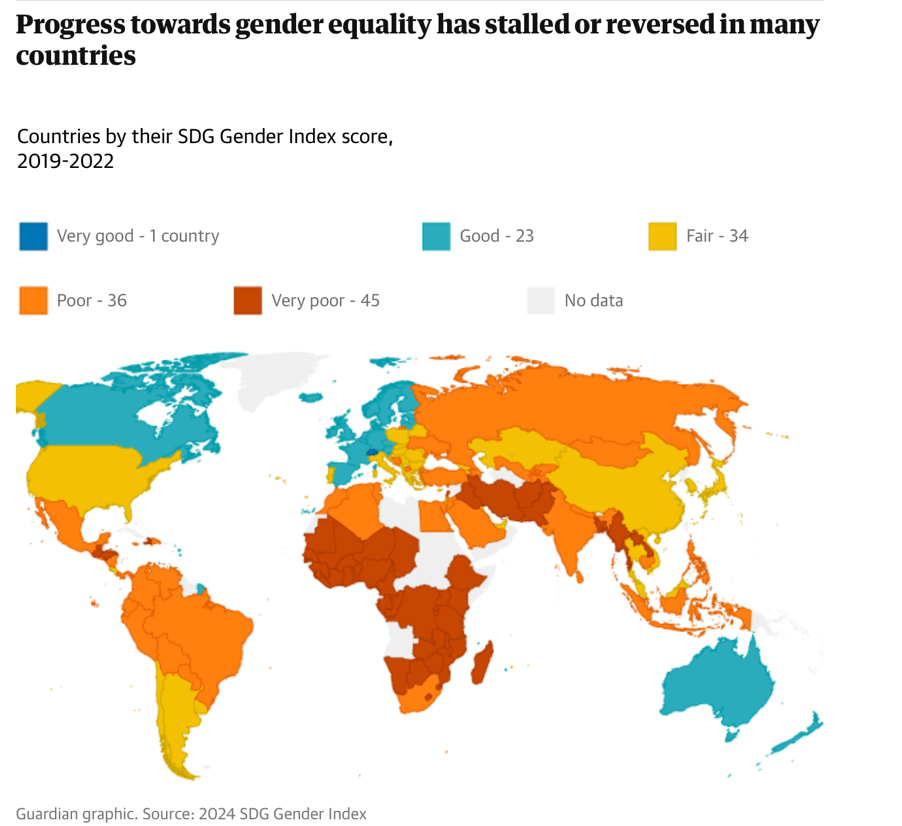#UNHSPartner 3: Corra Foundation
- UN House Scotland

- Oct 12, 2020
- 4 min read
This article by Shelley Gray, Head of External Relations at Corra Foundation, continues our collaborative series with other like-minded civil society and third sector groups, which you can also follow on Instagram or via our newsletters. If you or your organisation would like to get involved, please contact: eilidh.marshall@unhscotland.org.uk.

Taken from https://www.corra.scot
Voice, power, change and human rights
Corra Foundation exists to make a difference to the lives of people and communities. It works with others to encourage positive change, opportunity, fairness and growth of aspirations which improve quality of life. Corra wants to see a society in which people create positive change and enjoy fulfilling lives.
In 2020 Corra launched a ten-year strategy. It is long term because making a different on the big challenges will take time. At its heart is the strong belief that when people find their voice, they unlock the power to make change happen.
"Human rights are inscribed in the hearts of people; they were there long before lawmakers drafted their first proclamation." Mary Robinson, former UN High Commissioner for Human Rights and Chair of The Elders
This year has been hard for nearly everyone, but while we’ve all be weathering the same storm, it’s been widely noted that we’re not all in the same boat. Disabled people and people from Black, Asian and minority ethnic communities have borne the brunt and continue to be buffeted by the impacts of the pandemic. That isn’t because they’ve been unlucky. It’s because discrimination is tightly woven into our structures, policies and attitudes. That has very real consequences for people… whether in greater levels of poverty, lack of access to jobs, the experience of hate crime, not having control over where or how you live, or being more likely to fall victim to coronavirus.
Another consequence, which has been laid bare during the past few months, is that people find themselves being valued less than others. This was clear in the Black Lives Matters protests and in the experiences of many disabled people who saw support reduced, choice and control diminished and in some instances policies that could see them denied life saving treatment should they find themselves in hospital.
Human rights offer a compelling and powerful challenge to this.
At their most basic level, human rights are about the idea that all human beings are equal. No life is worth less than any other. Human rights based approaches turn this from a principle into a practical reality through law, policy and practice.
A human rights based approach requires that people have voice, and that they are able to participate in decisions that affect their lives. It supports people to grow in confidence and become empowered through the idea of claiming rights to which they are entitled, rather than being passive recipients. Human rights provide a way for people to come together to create change and dismantle structural discrimination and inequality, supported by a legal framework.
In our recent podcast, Professor Alan Miller and Dr Jacqueline Kinghan talked about how human rights can help empower movements for change, connecting the local to the global and creating a shared narrative. They spoke about the incredible efforts of today’s young people who are collaborating across the globe to claim their rights to climate justice and a healthy planet on which to live.
Here in Scotland the focus on human rights has been gaining momentum, and work has begun to develop new legislation embedding a wider range of economic and social rights into law. As we shape society beyond the health and economic crisis created by coronavirus, a human rights lens will be key to ensuring that the ‘new normal’ is fairer and more equal than the ‘old normal’.
At the heart of this must be the principle that all human beings are of equal value and that all must have a voice.
That is why Corra is working with others to explore what role there could be for independent funders in supporting human rights activity. Our new strategy, launched in March of this year, is built around three themes; voice, power and change. These resonate strongly with the principles of a human rights based approach, with its emphasis on participation, empowerment and change to create a fair and equal society.
As civil society organisations increasingly look to human rights as a tool to pursue their goals, it is important that independent funders keep pace with this, and that the funding environment supports their work. In the podcast I mentioned earlier, Professor Alan Miller spoke about the potential for even a modest level of funding to be amplified many times over when it is carefully planted within the wider human rights system.
At Corra we’ve recently been gathering community stories, and among these have been many (brilliant) ‘wee voices’. When children speak about what should change, they nearly always describe a world that is fair and equal. Their voices illustrate the truth of the quote from Mary Robinson at the start of this blog. They show us that whether or not we use the language of ‘human rights’, the principles they enshrine are absolutely fundamental.
Human rights are about all of us. They are about our daily lives, our health, our homes, the food we eat, how we treat each other… and how we respond when a storm hits. There is no silver lining to the clouds that continue to hang heavy over us this year. But, there is a lot of talk of building forward differently, taking the opportunity to change more quickly and radically than seemed possible before. If that begins by dismantling discrimination and instead weaving human rights tightly throughout our structures, policies and attitudes then we can create more than a glimmer of a hopeful future.











Comments